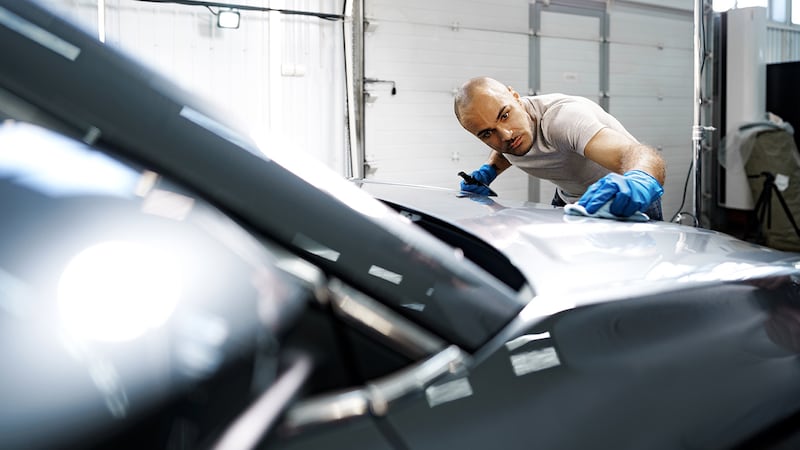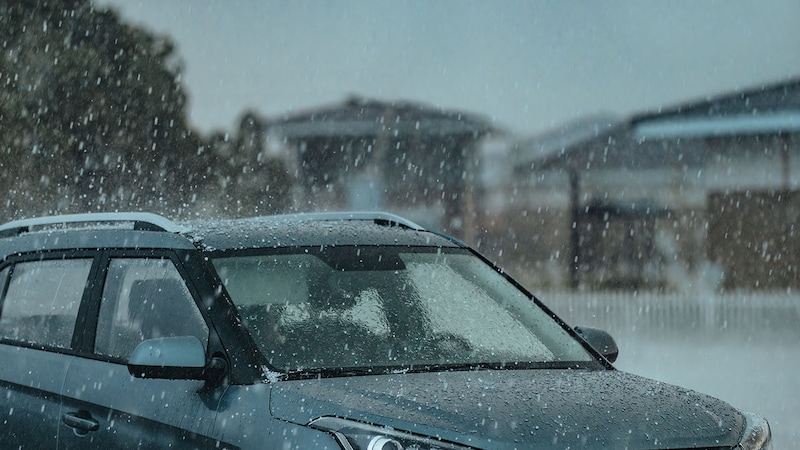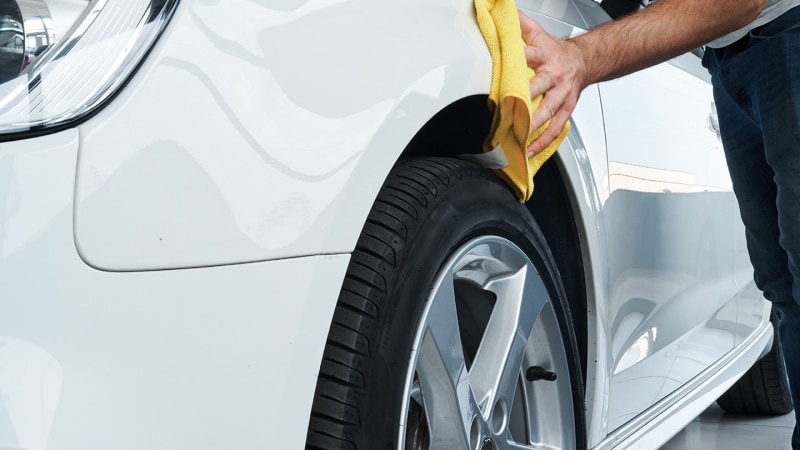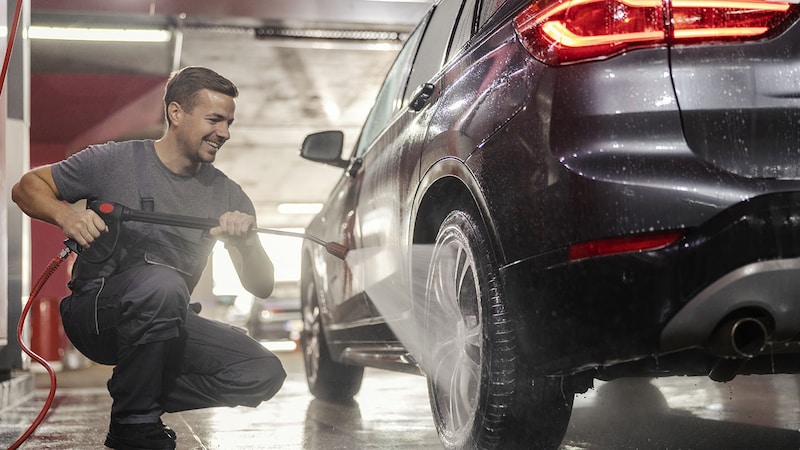Totaled car: What you need to know
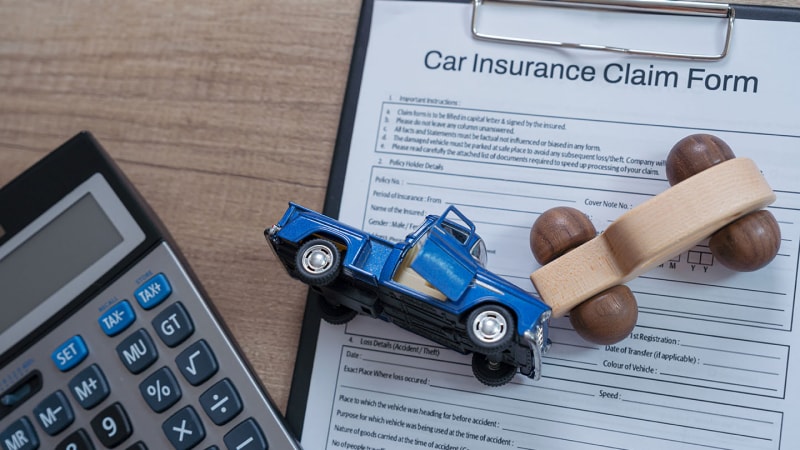
Quick insights
- When the cost to repair a vehicle from the damages from an accident or other event exceeds a car’s actual cash value, the car is considered totaled.
- Your totaled car may be covered depending on the type of car insurance you (or the at-fault driver) have.
- Consider weighing the pros and cons of keeping a totaled car to help navigate this financial decision.
No matter what the cause, having a car totaled can be a stressful experience. With a little guidance, we’ll help you take the steps you need to get back on the road again.
When is a car considered totaled?
A car is considered totaled when the cost of repairs from an accident or other event exceeds its actual cash value (ACV)—the amount of money your car was worth prior to being totaled—or a certain percentage of the ACV, depending on your insurance company’s policies. This is considered your cost-to-value ratio; essentially, a totaled car isn’t financially worth fixing.
Several factors go into determining if a car is totaled, including:
- Age of the car
- Mileage
- Overall condition of the car
- State-specific regulations and thresholds
Does insurance cover totaled cars?
If you have the appropriate car insurance, your policy will generally cover the cost of a totaled car (depending on the cause), minus the deductible. Each insurance policy is different, so it’s important to review your terms. Additionally, the cause of your car accident may determine how payout is handled.
For example, let’s say you were in a car accident with no one at fault. If you have a comprehensive insurance policy with collision coverage, this typically covers the cost of a totaled car, minus the deductible. In this case, your insurance company would calculate your car’s ACV and pay out that amount to you as the policyholder.
If you were in an accident where another driver was at fault, property damage liability coverage may kick in if the driver at fault has insurance.
If you pay for gap insurance, you may be covered for the difference between your car's ACV and the amount owed on a car loan, if the car is totaled.
What to do when your car is totaled
Whether you’ve been in an accident or your car was damaged by another person or object, a totaled car can leave you feeling overwhelmed. Let’s break down the steps you can take when your car is totaled below:
- Contact your insurance company as soon as possible. You may need to provide documentation about the damage and file a claim.
- Work with your insurance adjuster. An insurance adjuster helps you throughout the process, such as being present during the inspection and answering questions about the process.
- Review the settlement offer. After the car has been totaled and your insurance policy has determined a settlement offer, make sure you review the document carefully. See how the ACV is calculated and raise any questions or disputes if there is something in the offer you disagree with.
- Sign and complete the offer. Once you reach an agreement with your insurance company (or the at-fault driver’s insurance company), you will then be able to receive the appropriate payout.
If you decide to pursue a new car, make sure the finances of your totaled car are squared away and that you don’t owe any remaining balances.
Can you keep a totaled car?
Another option is to keep and repair your car. Some insurance policies may give you the option to keep it and receive a reduced settlement or “retaining salvage.” This process may require you to obtain a salvage title.
This option may work for those who have a sentimental attachment to their vehicle. However, it’s important to weigh the pros and cons, such as the possibility of repairing the car for less than the cost of buying a new one, or potential issues that could arise when insuring a salvage vehicle.
In conclusion
While no one can prepare for a car accident, you can prepare yourself with the knowledge you may need one day if your car ever gets totaled. By understanding your car insurance policy and how the calculations and payouts work, you can take the financial guesswork out of having a totaled car.
